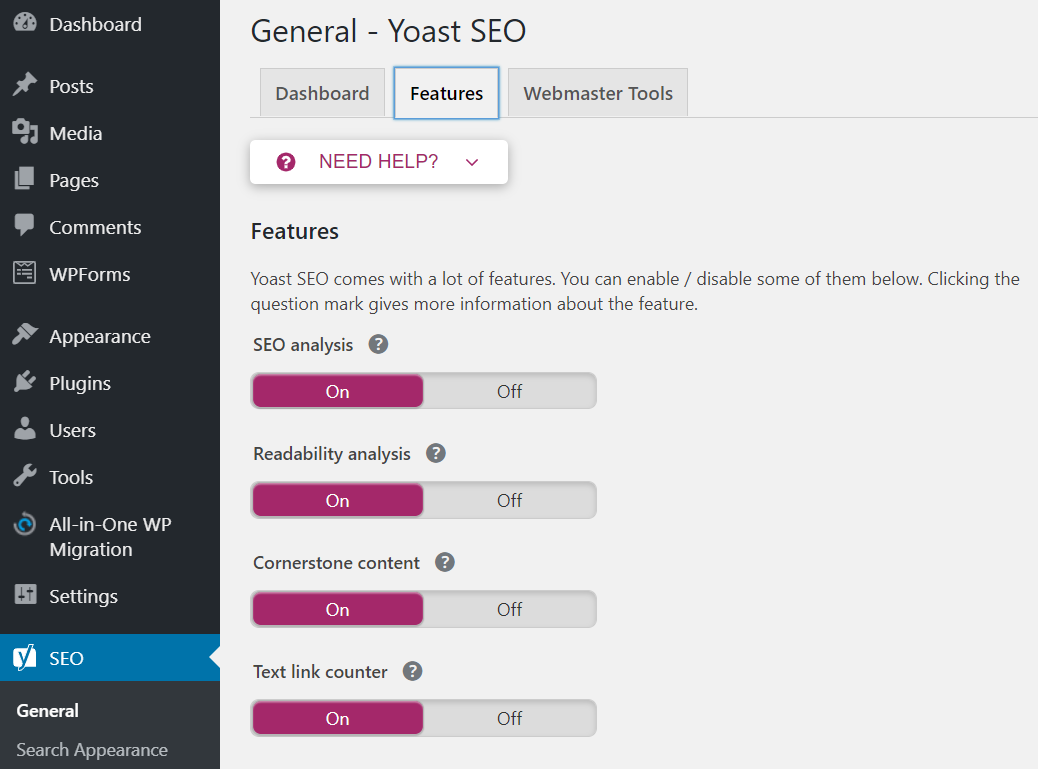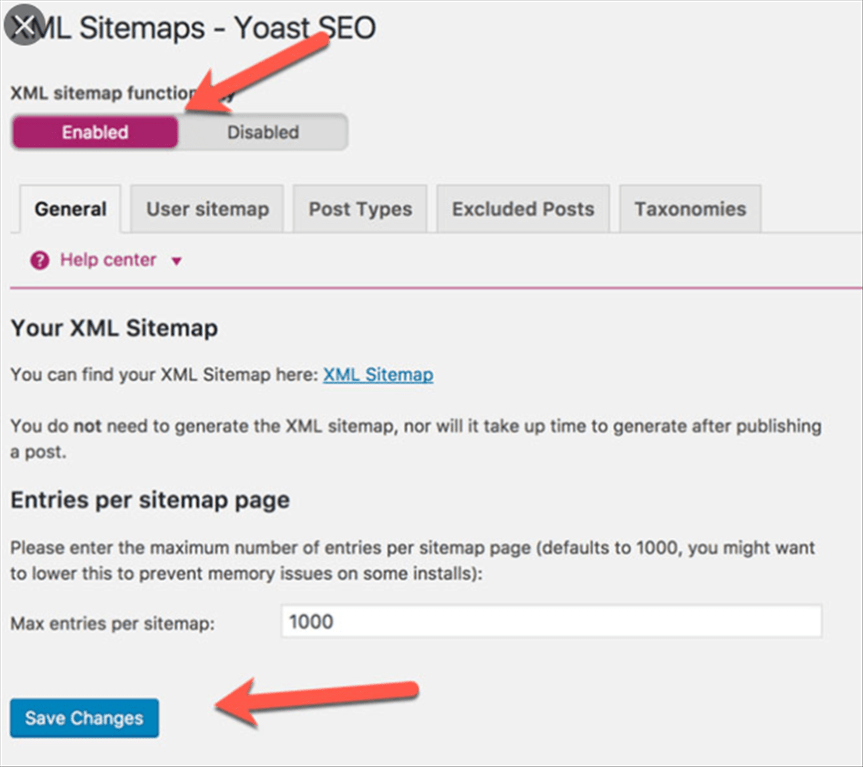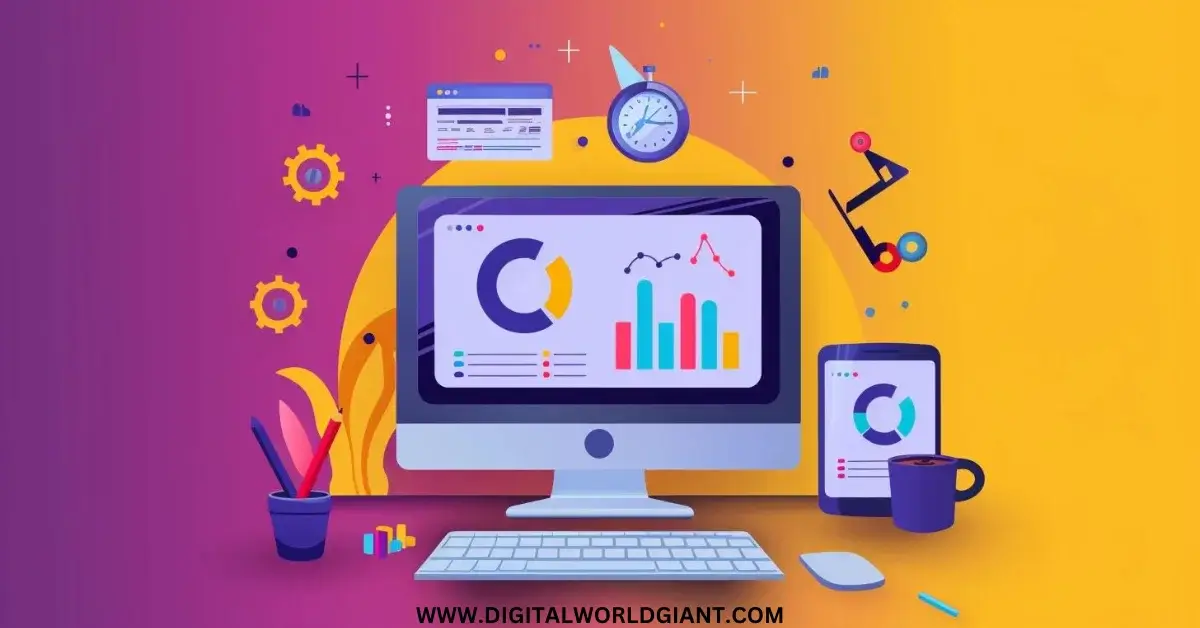Businesses and website owners use Technical SEO to “earn” organic traffic for their website without running advertisements and optimize their website performance to rank on potential keywords.
Following is the list of Q&A’s that are frequently asked in a Technical SEO Interview
1. What is SEO and what Importance does It Hold in Digital Marketing?
Search Engine Optimization (SEO) is a technical process to attract organic, editorial and quality traffic towards your website in order to get it ranked via potential keywords. Higher ranks result into higher rates of clicks and hence more customers. SEO is an integral part of digital marketing which ensures high conversion rates.
2. What is Technical SEO?
Technical SEO is the practice which ensures that the website meets the technical criteria of search engines improving the organic reach and traffic.
3. What are the key factors involved in Technical SEO?
- XML sitemap
- Indexing and crawling
- URL Structure
- SSL (Secure Sockets Layers)
- Mobile-friendly interface
- Site speed
- No duplicate content
- Canonical Links
- Redirection
4. How do you install sitemap plugin in WordPress?
Open WordPress –> Search ‘Yoast SEO’ (Plugin)–> Install –> connect to your website and then follow the following steps.
Other plug-ins include robot.txt, Google XML and jetpack.


5. Which plugins are helpful in fixing errors in indexing and crawling?
First of all, get a coverage report for your website from Google Search Console. It gives you a detailed report on the pages that were unable to get indexed.
After getting the report, run screaming frog, a well-known plugin which runs a full crawl and gives out the best results. You can also run Ahrefs SEO Audit tool and get a detailed audit of your website yourself with other SEO tools.
6. What is the Main Difference between Technical SEO and On-page SEO?
Technical SEO deals with programming, web crawling and indexing whereas On-Page SEO works with keywords selection, search intent, domain authority and tags.
7. What are the Basic Steps to Improve Technical SEO?
- JavaScript
- URL Structure
- Site Architecture
- Canonical Tags
- 404 Redirects
8. What is the Most asic yet important step of Technical SEO?
Site Architecture and Navigation is a very important step. Web crawling and indexing depends mainly on the site structure. A well-organized flat structure with site pages closely linked to each other makes it 100% easier for Google to rank and crawl.
9. What is an SSL Certificate and why is it needed?
An SSL certificate enables websites to go to HTTPs from HTTP. It is a data file in the host’s origin server. An SSL certificate is needed to secure the website’s data and prevents it from hackers.
10. What is the Importance of Link Building?
In order to improve search results and credibility, SEO experts tend to link their websites with other websites with more or less same relevancy. In this way it becomes easier for google to search and the results become more relevant.
11. How does Page Speed Effect Ranking and how it can be Fixed?
It becomes easier for google to rank a website when its loading speed is fast enough to be translated promptly. To fix errors in loading speed factors like size reduction of images, compressed files, JavaScript, removing render blocking and avoiding redirects.
12. What is the Best Suited Method to redirect a page?
One of the most used and best suited method is 301 redirect.
13. Which Meta Tags are Critical?
Over the years meta tags have changed yet two of them still remain critical. 1. Page title and 2. Meta description. Google has increased the limit of meta description from 280 to 320.
14. What is the need of No-follow and Do-follow Links?
Not every link is to be followed. A no-follow link has the attributes which tell the google bot to not follow a certain link however, it is still clickable for a user but not for a bot. Do-follow links have attributes that allows both user and the bots to follow them.
15. What are some of the Black Hat Techniques one must avoid?
Avoid using Black Hat techniques such as keyword stuffing, hiding text, cloaking, buying or trading links, copying content from another website, and backlinking to a website penalized or frowned upon by Google.
16. Is RankBrain an Artificial Intelligence System to check relevancy of page data?
Yes, RankBrain is an integral part of Google’s search algorithm which works on AI to go through billions on web pages on the internet. The optimization strategy for RankBrain is quality content more than keyword placement.
17. What is the Purpose of Internal Links?
Internal links are the links that reside within the website and interlink all the website data in order to help google in crawling and optimizing all content on the website.
18 How to address a Canonical Issue?
A canonical issue occurs when the website has duplicate data. We can resolve the issue by omitting URLs that direct to the same page when we run an analysis.
19. How does Google Configure a Mobile Site?
Google’s preferred method of configuring a mobile site is responsive web design.
20. Can you Evaluate SEO Performance?
Certainly! By utilizing Google Analytics, you can analyze and interpret various metrics related to your website’s SEO performance. These metrics include the number of visits, conversions, referral traffic, direct navigation, and time spent on the page. This data can be used to identify areas where your website is performing well and areas that require improvement. By regularly monitoring these metrics, you can create performance reports and make informed decisions to optimize your website’s SEO performance.



